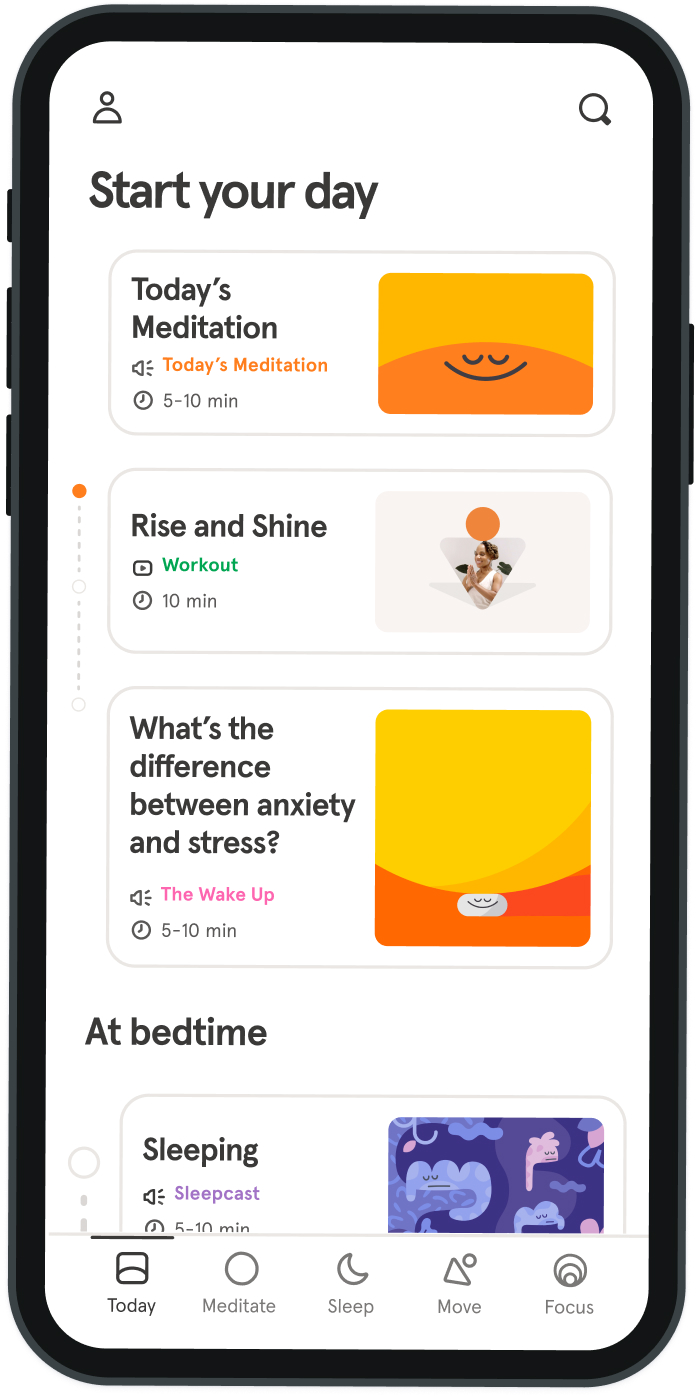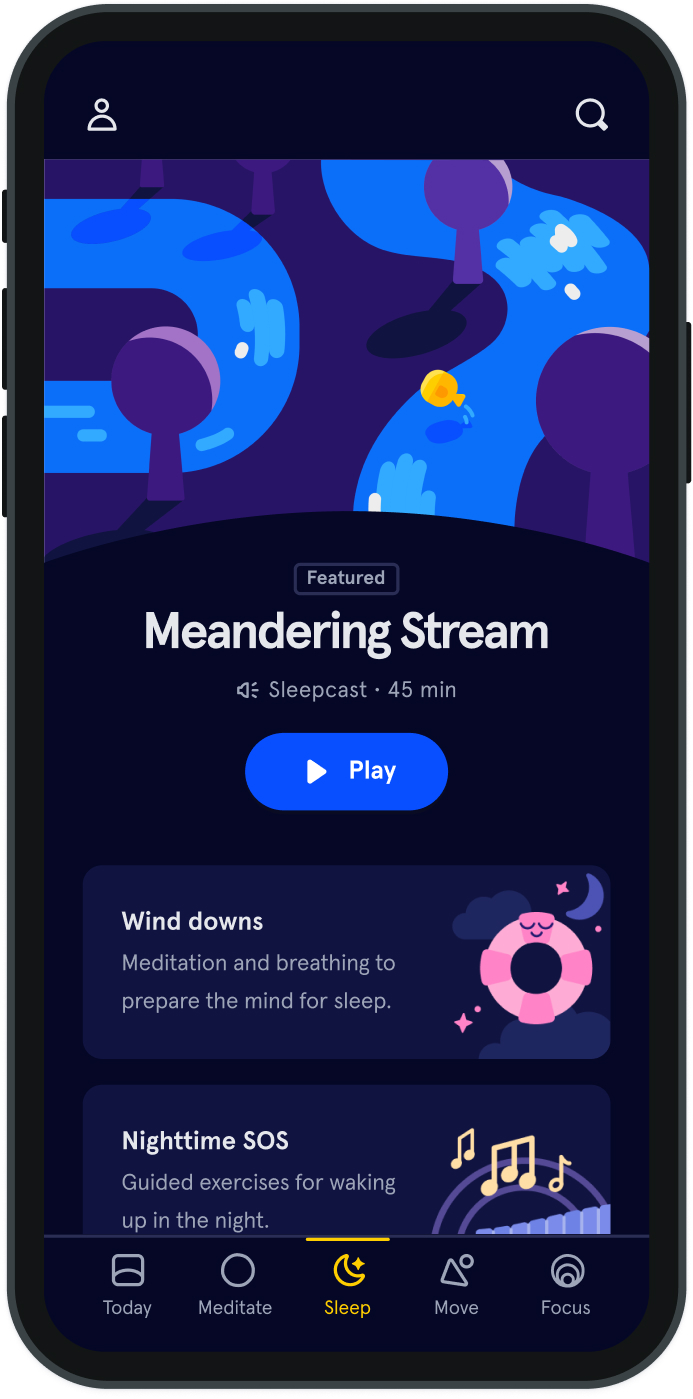Trouble remembering the details? Here’s how to take even better notes.
If you’ve ever taken a philosophy class, there’s a good chance you’ve sat in a classroom or café and read Socrates. That’s something Socrates probably never would have wished for. The Greek thinker believed that writing ideas down was essentially impossible—reading could remind people of existing knowledge, but it only provided “the appearance of wisdom, not with its reality.”
Unlike a living, breathing teacher, a book couldn’t engage in a dialogue or answer a student’s questions. Even more troubling, writing things down could encourage people to depend on the thin record created by words and lose the rich, detailed knowledge stored in the minds. Of course, we only know (or believe we know) what Socrates thought because his student, Plato, created a written record. Today, many of us use the written word in ways that would have shocked the ancient Greeks—texting our friend from the next room, and keeping vast troves of information online that make remembering historical dates or names of capital cities seem obsolete.
But how does all this writing affect the way we think? And what do changing technologies for writing mean for memory and communication?
Speed and learning
The most obvious change in writing technology over the last 50 years is the ubiquity of keyboards. If you have much typing experience at all, you can write a sentence much faster on a computer or mobile device than by hand. But that’s not always beneficial. Studies have found that students who take lecture notes on their computer tend to have more trouble learning the material than those who use pen and paper. That's partly because the internet provides its own set of distractions. But even if students diligently focus on typing notes, their touch-typing speed may encourage them to try to transcribe the lecturer’s words verbatim. By contrast, the slower speed of handwriting forces note-takers to digest the material and scribble down central ideas in their own words. Another study suggests that the complexity of handwriting may contribute to better memory. Using a pen to form a letter is a much more complex operation than hitting a key, which gives your brain more information to work with.
Structure vs. approachability
Different writing technologies also matter when we’re committing our own thoughts to paper (or pixels). Back in the 1980s, researcher Christina Haas had subjects write essays either by hand or using word processors. Those who used pen and paper spent significant time planning out their essay structure before starting the writing process. Those with keyboards in front of them jumped right in, but then spent more time revising what they’d written—largely by fiddling with the wording of individual sentences.
A lack of planning can be problematic when it comes to formal writing, but it can actually be a boon in other contexts. For instance, English language learners may find they’re more comfortable diving into composing in English through short, disposable forms like email rather than working through a structured essay. Tools like email and text messages also allow us to exchange ideas with others in real time, offering some of the benefits of a Socratic dialog while also creating a text we can look back on later. Troy Hicks, a professor who studies education at Central Michigan University, says students may need to practice specific tasks that help them learn cursive writing or keyboarding, but, for many writing assignments, successful teachers find it’s best to let students explore which methods work best for them. “The ones that I think are most open-minded and flexible, they’re able to let kids adapt to their own contexts,” he says. That could mean brainstorming ideas by drawing a story map with a pencil and paper, or banging out a rough draft on a computer just to get the ideas out there.
Read more: Fresh out of ideas? "Brainwriting" might be just what you need.
Talking as writing
These days, a new technology is poised to potentially transform the way we write and think: speech recognition software. Hicks says he’s begun using voice-to-text technology himself for things like short emails or brainstorming ideas for an article. Almost all of us can speak faster than we can type, but it can be even more difficult to plan and organize your thoughts while speaking out loud. Hicks says he looks at his phone so he can keep track of what he’s written even while composing with speech. And even so, he wouldn’t use voice recognition for long, formal writing.
“For me what I find is, it’s very difficult to get my written voice to come out in oral language,” he says. But Hicks notes that some people use the technology differently—even producing long pieces of writing using voice recognition while driving—and that it takes practice and exploration to see what works for each of us. If you own a smartphone, you have the ability to use voice-to-text or open up a notepad where you can “handwrite” with your finger. “I think as we adapt and move into these new realms we have to think carefully about the times and contexts in which this is helpful,” Hicks says. “Don’t just feel like writing means sitting down with a full keyboard or that it means sitting in the woods with a journal. We can compose in all sorts of ways, and we can do it throughout the day.” The wide variety of writing methods available today might not have been enough to convince Socrates that the written word was a worthwhile invention. But giving some careful thought to how we use those different options could help us moderns figure out how to use the written word to think and communicate at our best.
A lack of planning can be problematic when it comes to formal writing, but it can actually be a boon in other contexts.
Livia Gershon


Be kind to your mind
- Access the full library of 500+ meditations on everything from stress, to resilience, to compassion
- Put your mind to bed with sleep sounds, music, and wind-down exercises
- Make mindfulness a part of your daily routine with tension-releasing workouts, relaxing yoga, Focus music playlists, and more
Meditation and mindfulness for any mind, any mood, any goal

Stay in the loop
Be the first to get updates on our latest content, special offers, and new features.
By signing up, you’re agreeing to receive marketing emails from Headspace. You can unsubscribe at any time. For more details, check out our Privacy Policy.
- © 2025 Headspace Inc.
- Terms & conditions
- Privacy policy
- Consumer Health Data
- Your privacy choices
- CA Privacy Notice
